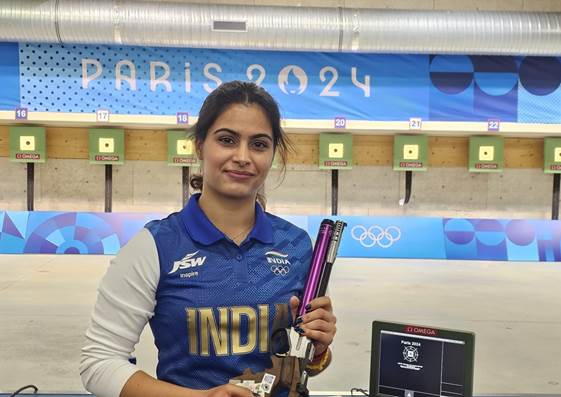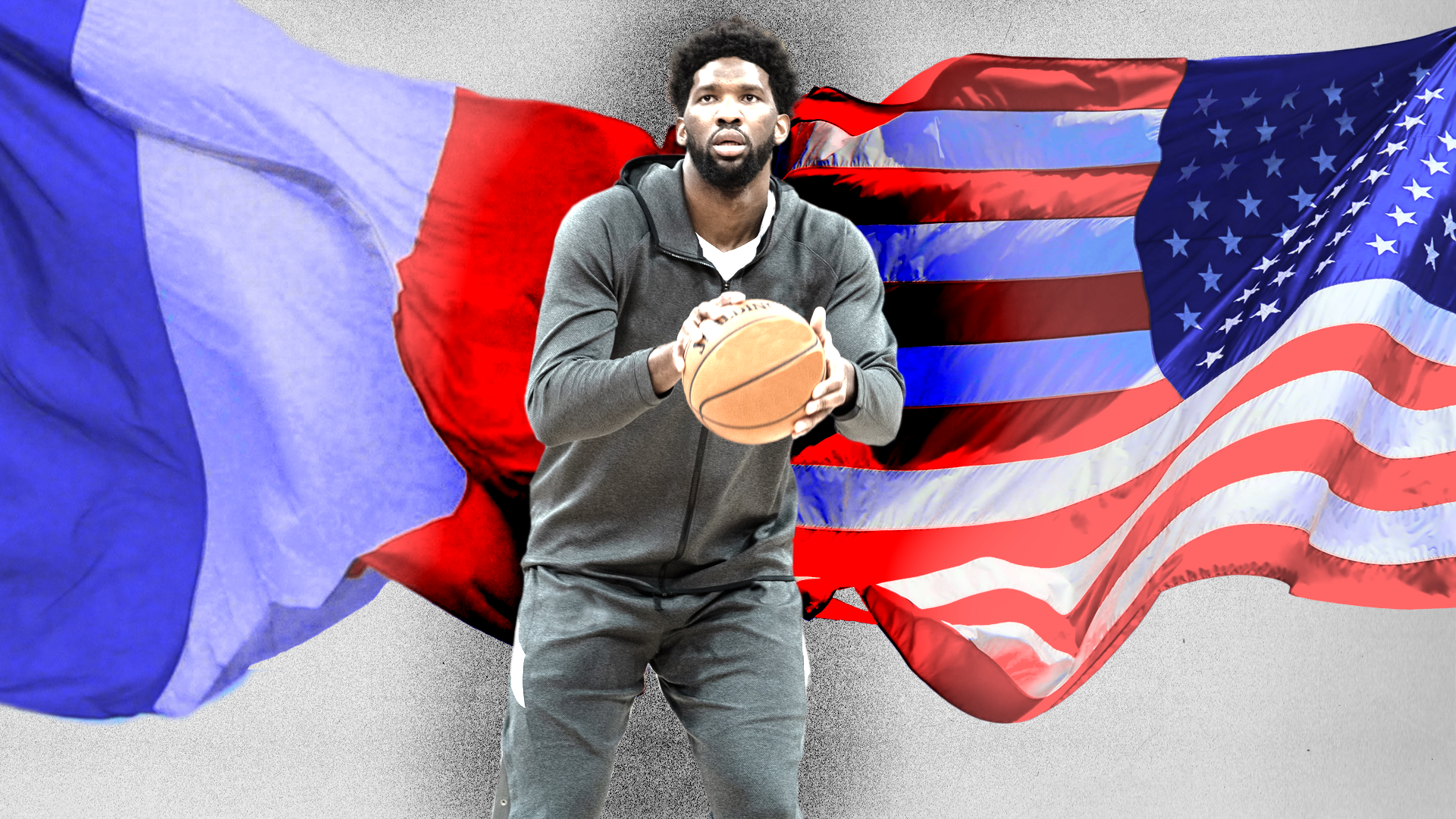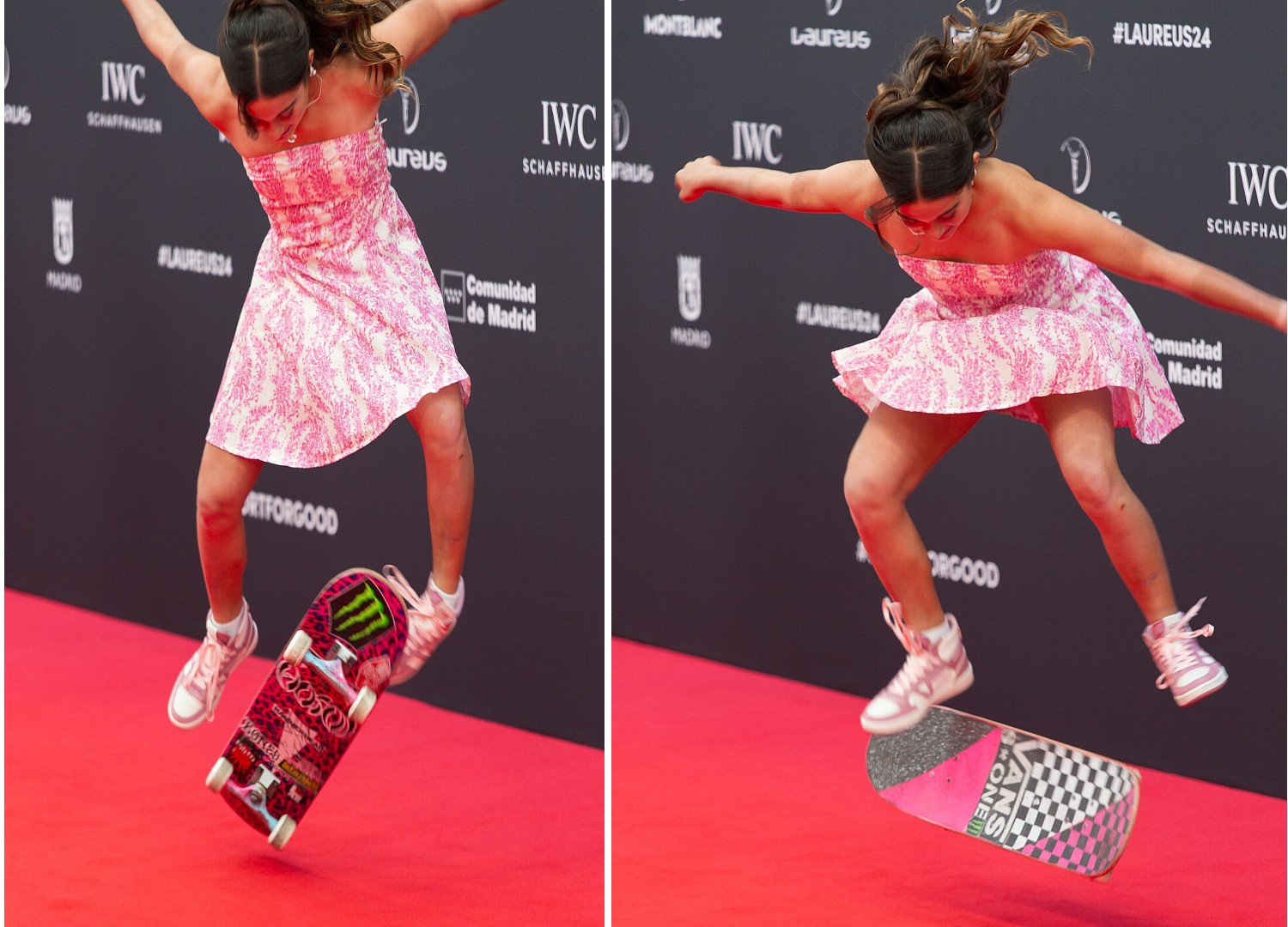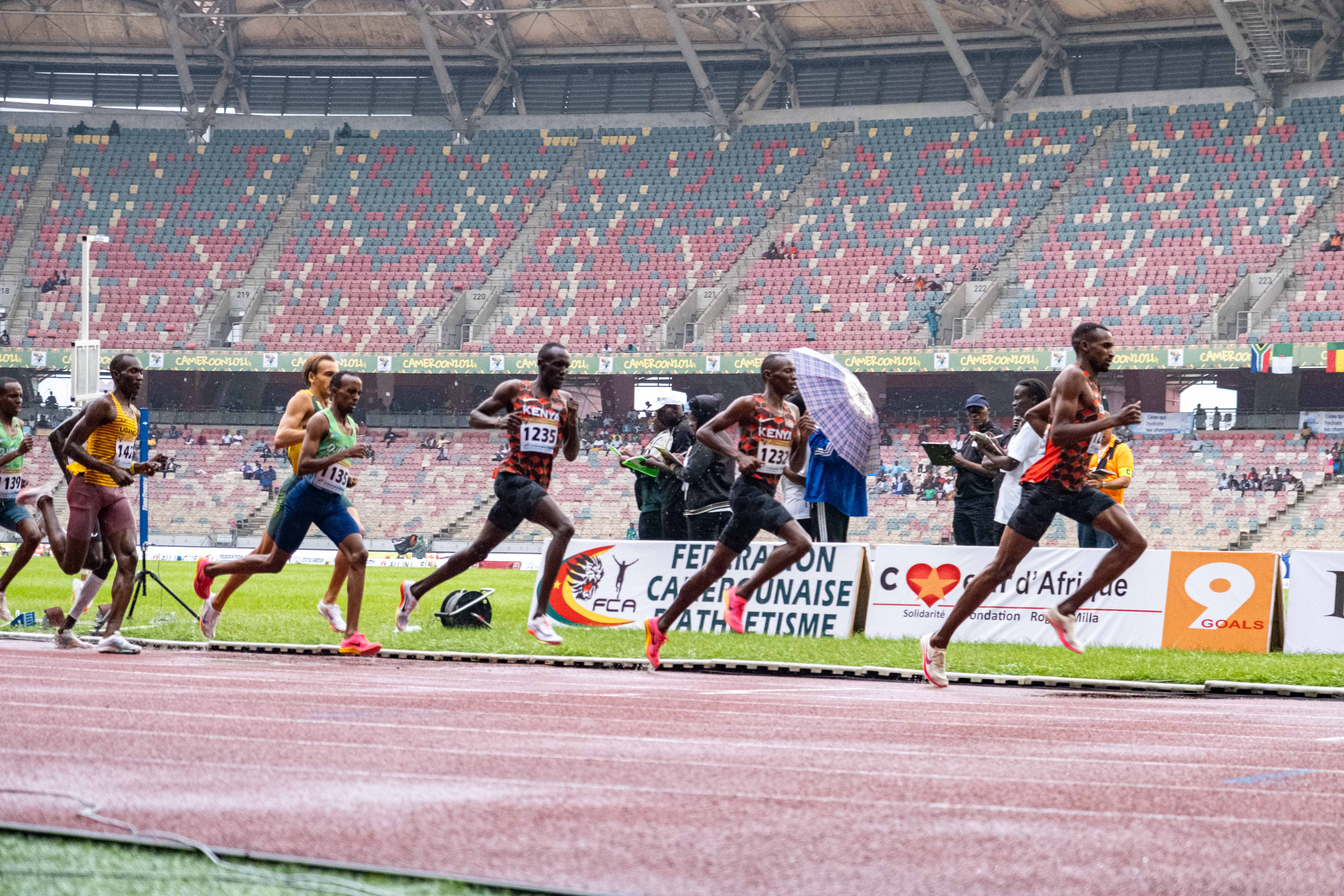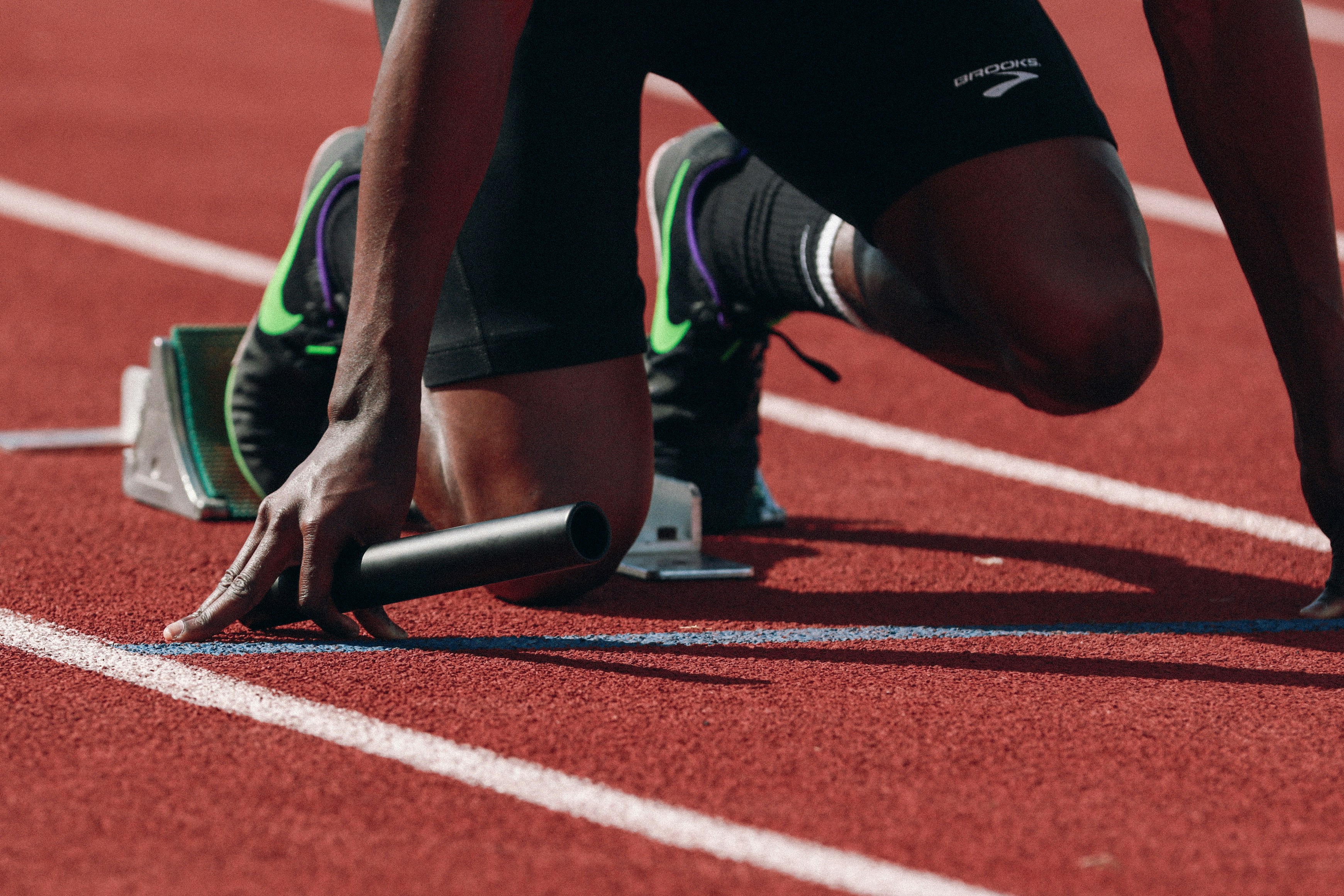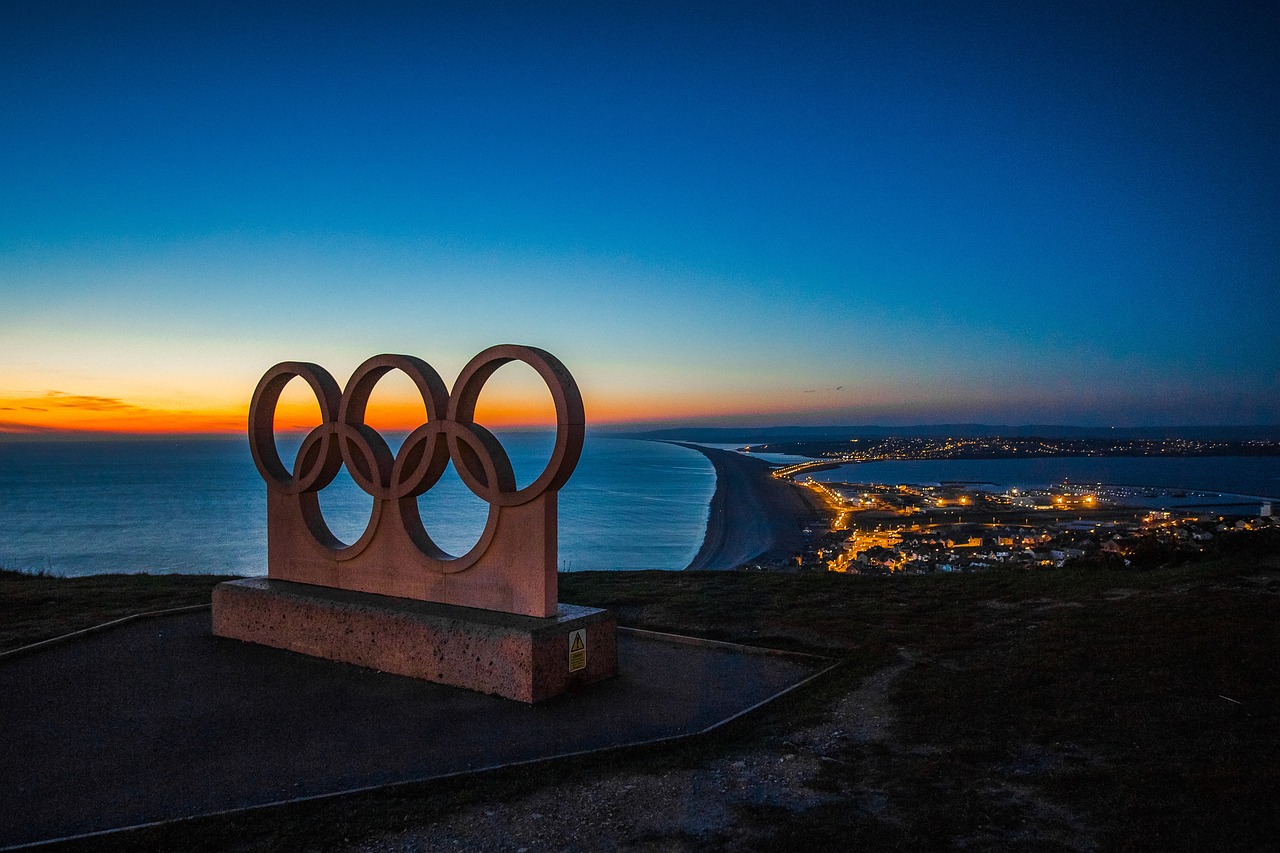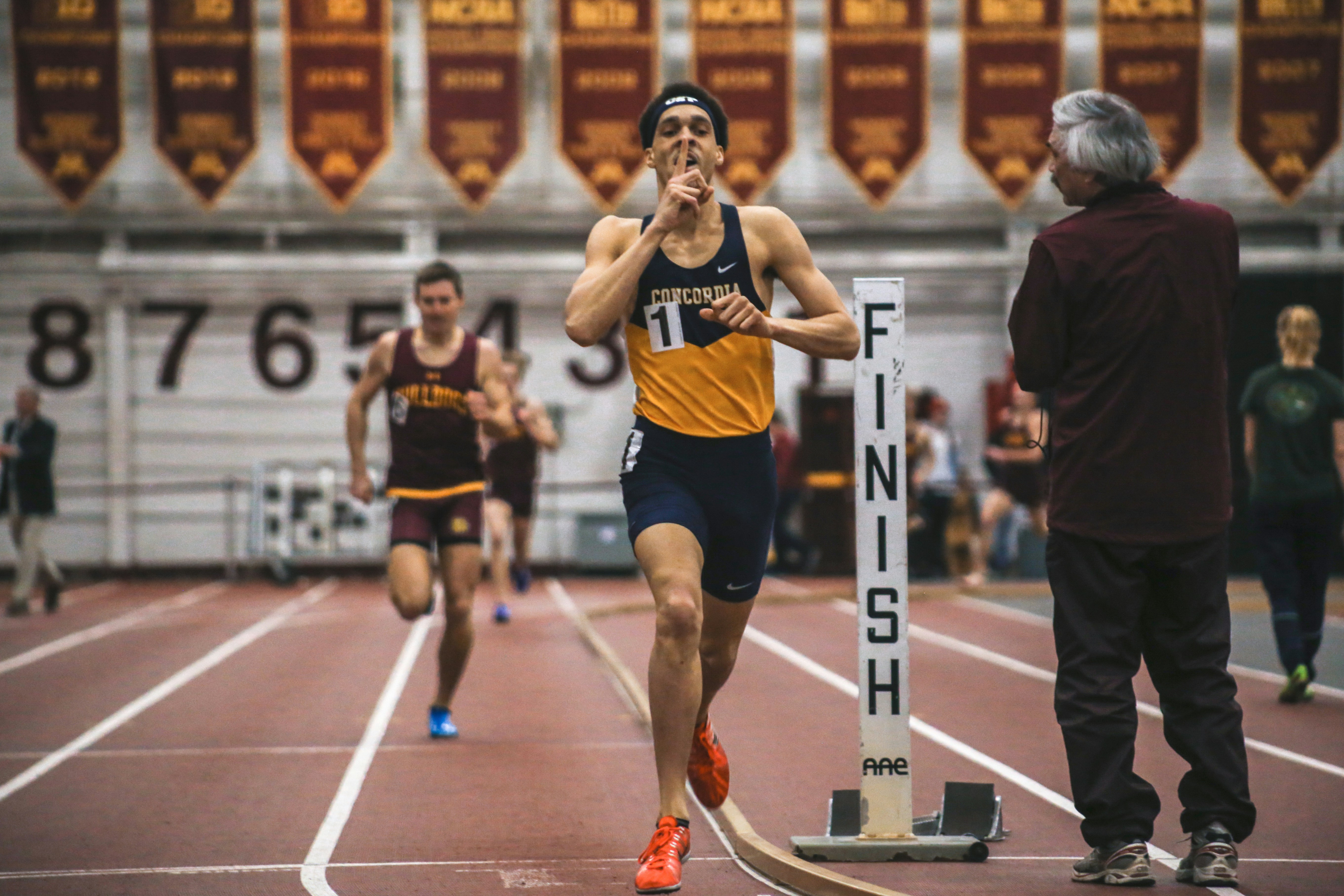Bound by the IOC’s codes over political expression, athletes finding a voice on social issues could revitalise the Olympic ideals for the next generation.
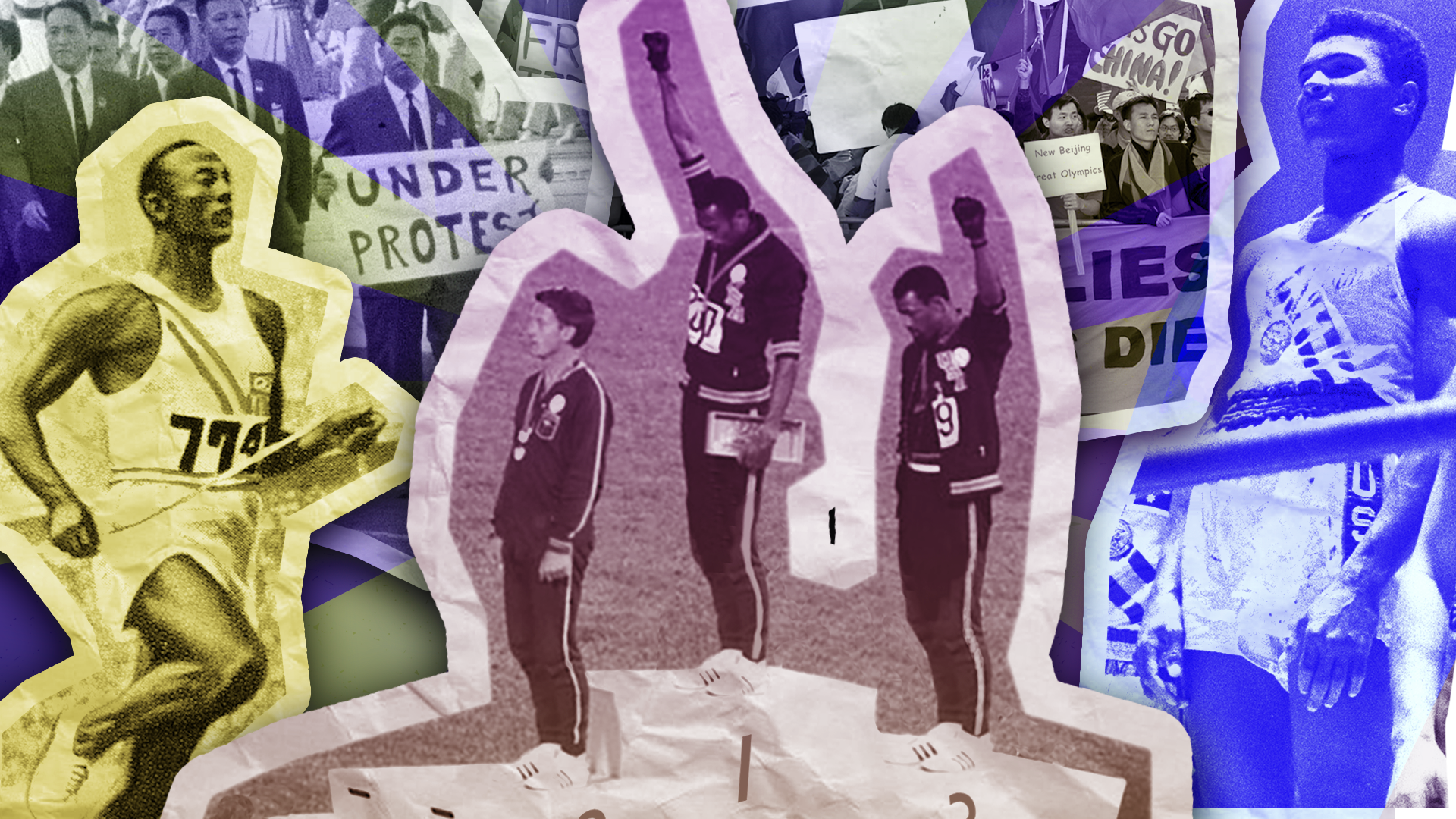 There is a symbiotic relationship between broader political movements and specific athlete-activist moments at the Olympic Games. : Illustration by Michael Joiner 360info, images via Rom, Polish Press Agency (PAP), Harry Pot/Anefo, Angelo Cozzi (Mondadori Publishers) & Here on Wikimedia Commons CCBY4.0
There is a symbiotic relationship between broader political movements and specific athlete-activist moments at the Olympic Games. : Illustration by Michael Joiner 360info, images via Rom, Polish Press Agency (PAP), Harry Pot/Anefo, Angelo Cozzi (Mondadori Publishers) & Here on Wikimedia Commons CCBY4.0
Bound by the IOC’s codes over political expression, athletes finding a voice on social issues could revitalise the Olympic ideals for the next generation.
The Olympic Games has long prided itself on being a non-political event, aimed at uniting countries through the celebration of sport.
A key symbol of this stance is the prohibition of what the International Olympic Committee (IOC) terms “propaganda” at the Games.
Rule 50 of the (IOC) charter, tells athletes and fans alike: “No kind of demonstration or political, religious or racial propaganda is permitted in any Olympic sites, venues or other areas.”
That hasn’t deterred Olympic athletes from using their visibility and voice to advocate for social causes and call for change for decades.
The rules around political expression have been refined and rewritten to adapt to changing times.
Speaking out
Before the 2020 Tokyo Games held in 2021, under growing pressure to relax the rule, the IOC made a significant update. It now allows some demonstrations, but only “prior to the start of competitions” and not on the winner’s podium.
In Paris, athletes will have more public opportunity to speak at and around the Games than ever before, with the freedom to express their views after events when speaking to the media at venues, the media centres and during press conferences and on all traditional, digital and social media channels.
On the field of play prior to the start of competition (e.g. during introductions of the athlete and/or their team), athletes are permitted to gesture, but with significant caveats around consistency with the Principles of Olympism, not targeting others and not to be disruptive.
While these freedoms are welcomed, the caveats and limitations are unclear and generally discourage athletes from protesting.
Research exploring the increasing influence of athletes within the Olympic movement, notes how social media and digital platforms have empowered them to communicate directly with the public and advocate for social and political causes.
This increased visibility has amplified their influence within and outside the Olympic system.
However, despite the growing power of athletes, tension remains between the status quo and embracing athlete-led reforms and protests.
Protest is personal
Athletes are not immune to the social changes and movements occurring in broader society and, for many, these protests are personal.
The most memorable athlete protests at the Olympic Games are those advocating or protesting for equal rights such as Tommie Smith and John Carlos performing the black power salute at the 1968 Mexico City Games or Dutch snowboarder, Cheryl Mass wearing a rainbow glove at the Sochi Winter Olympics in 2014 just months after Russian parliament passed a law known as the anti-gay “propaganda” law.
According to esteemed Olympic scholar and former Olympian Jules Boykoff, there is a symbiotic relationship between broader political movements and specific athlete-activist moments.
Political movements often create the conditions that enable athletes to make powerful statements on the Olympic stage.
Research by Deloitte found that Gen Z is becoming more politically involved and is pushing for change on societal issues.
Importantly, Gen Z not only believes in and use their individual power to push for change, but also demand that institutions – including the IOC – do their part to build a better future.
Staying relevant
The trend toward greater athlete influence is likely to continue and is actually essential for the future relevance and integrity of the Olympic movement.
The Olympic Games have always been more than just a sporting event; they are a global stage.
In recent years, there has been a growing recognition that athletes are not just competitors but influential voices in society. They have the power to highlight critical social issues and drive meaningful change.
Allowing political protest and advocacy at the Olympics can help the movement stay in tune with contemporary values and the evolving expectations of global audiences.
It acknowledges that athletes, like all individuals, have the right to express their beliefs and stand up for justice, equality and human rights.
This shift could make the Games more relevant and resonant with younger generations.
Embracing athlete activism could also enhance the Olympic movement’s credibility and moral authority, demonstrating a commitment to the principles of freedom of expression and social responsibility, which are increasingly important in our interconnected world.
By providing a platform for athletes to advocate for positive change, the Olympics can reinforce their role as a force for good, promoting not just physical excellence but also social progress.
Professor Emma Sherry is the Dean of RMIT’s School of Management and a member of the RMIT Future of Sport Research Impact Network.
Originally published under Creative Commons by 360info™.



